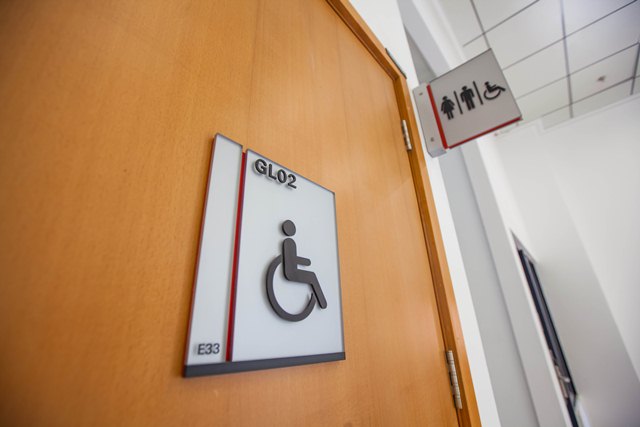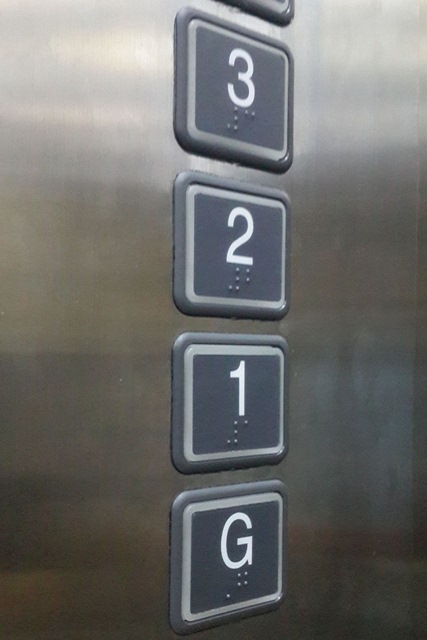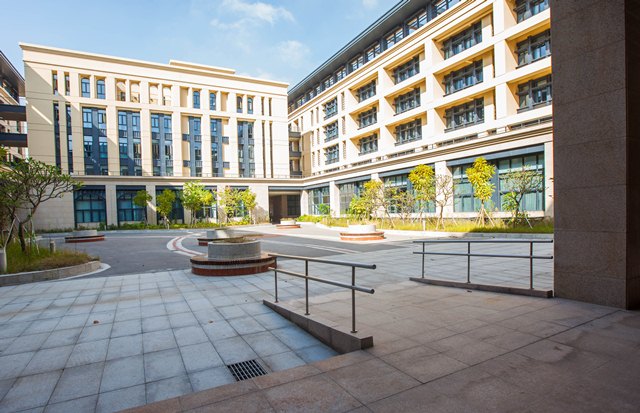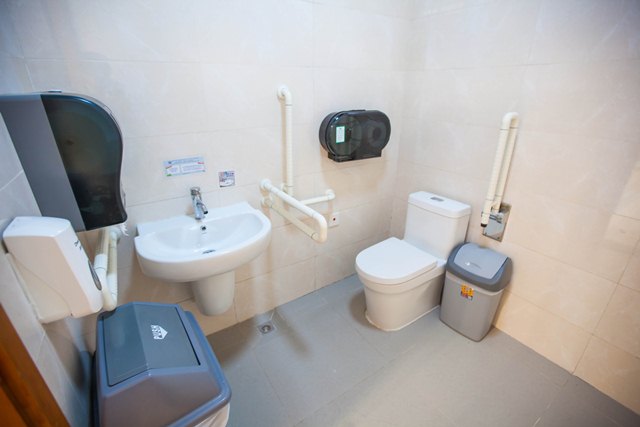Source: umagazine
Text: Cheung Shu Fai (FSS)
In this article, I will first share my experience as a disabled student. Then I will share my view as a teacher about the efforts made over the last few years by colleagues and students of the University of Macau (UM) to serve students with disabilities. This is not a formal report, but a note of appreciation for UM’s contributions to this important issue.
Providing a Level Playing Field for Students
I have been hard of hearing since I was a primary school student. I studied at a university in Hong Kong. In my undergraduate years, the Equal Opportunities Committee did not yet exist. I tried to study as a so-called“normal” student. Officially, the university did not know that I was hard of hearing and I received no accommodation or special treatment. But could I, and indeed should I, have attempted to study as a “normal” student? In fact, what does it even mean to be normal?
I joined UM in 2005. China ratified the United Nations Convention on the Rights of Persons with Disabilities in 2008. Since then, both the Macao SAR government and local nonprofit organisations have held campaigns to raise Macao residents’ awareness of the rights of people with disabilities. When I reflect on my life as a student with a “hidden” disability, I realise I had a different view. It is normal to confront disabilities, talk about them, and live with them. Accommodations in schools, such as provision of an accessible environment, are not benefits or advantages, but ways to try to create a level playing field for all students. Discussion of disabilities is meant to raise awareness, to improve mutual understanding, and to equip undergraduate students so they can better serve the community. Certainly, students must ultimately make a personal choice about how to live with a disability. But as an educational institution, UM should provide a range of choices for those students. Enhanced awareness can also facilitate the development and learning of students, with or without disabilities.
Services to Students with Disabilities Require Cooperation among Various Parties
The Committee on Student Disability Services of UM was established in 2009, to provide services related to students with disabilities. I have served on the committee since 2010, first as a representative of the Faculty of Social Sciences and Humanities (FSH) and now as a representative of the Faculty of Social Sciences (FSS). It is my pleasure and honour to serve on behalf of the faculty, and also to have the precious opportunity to witness UM’s development over the last few years.
Initially, some of us knew little about what we could and should do. There were also very few local legal requirements concerning disabled students. Despite my disability and experience as a disabled student, my attempt to be a “normal” student, and reluctance to face my disability, resulted in my ignorance about how to serve students with disabilities. Moreover, people with disabilities vary greatly in their needs, preferences, and personalities. Even for people with the same disabilities, there is no one-size-fits-all solution.
But colleagues from different units at UM have been very positive in providing the services. Providing accessible services involves the coordination of a wide variety of units. All units need to learn in the process. The Student Affairs Office has done a good job in coordinating different units, and in acquiring necessary information and learning from experience from other parties, including organisations for people with disabilities, student affairs units at other universities serving students with disabilities, and organisations specializing in accessibility issues. Colleagues from the FSH and FSS have also provided useful suggestions to the committee.
More Accessible Infrastructure on the New Campus
Before UM’s relocation to the new campus, colleagues from different units examined the new campus carefully. With the help of external accessibility experts as well as some end users, the areas that needed to be improved were prioritised and acted on accordingly. As a result, most major routes now have tactile guide paths. Elevators have audio announcement systems and Braille signs on buttons. There are also accessible washrooms in the main buildings. Residential colleges have rooms designed specifically for students with disabilities. On the front of information technology, we have created guidelines for UM colleagues to prepare electronic documents and webpages that are accessible to users with visual disabilities. Certainly, there are still areas that are not yet satisfactory and need to be improved. But undoubtedly the current campus infrastructure is more accessible than what was available on the old campus.
Positive Attitude towards Services to Students with Disabilities
What I found most impressive is the attitude of both colleagues and students toward the services. Several student societies have organised various kinds of activities in an attempt to raise UM members’ awareness of disabilities, and students and colleagues with disabilities were invited to share their experiences. In 2014, the SAO organised the Service Learning Fair. Many local nongovernmental organisations serving people with disabilities organised workshops, talks, and exhibitions during the fair, which attracted many students and colleagues. I am impressed by the positive attitude of the students and colleagues towards serving and understanding people with disabilities.
In teaching, I value students’ attitudes toward learning more than their past achievements. Our current gains are certainly predictive of future achievements, to an extent. But these things have already happened and can’t be changed. Students’ attitude toward learning, on the other hand, can be changed and can contribute significantly to what we will become in the future. I think hardware is an important factor in providing services to students with disabilities, but the most important component is people. They are the real asset of the university. We still have a lot to learn and improve, but we have many students and colleagues who care about the services and are willing to learn. I am proud to work with them.




